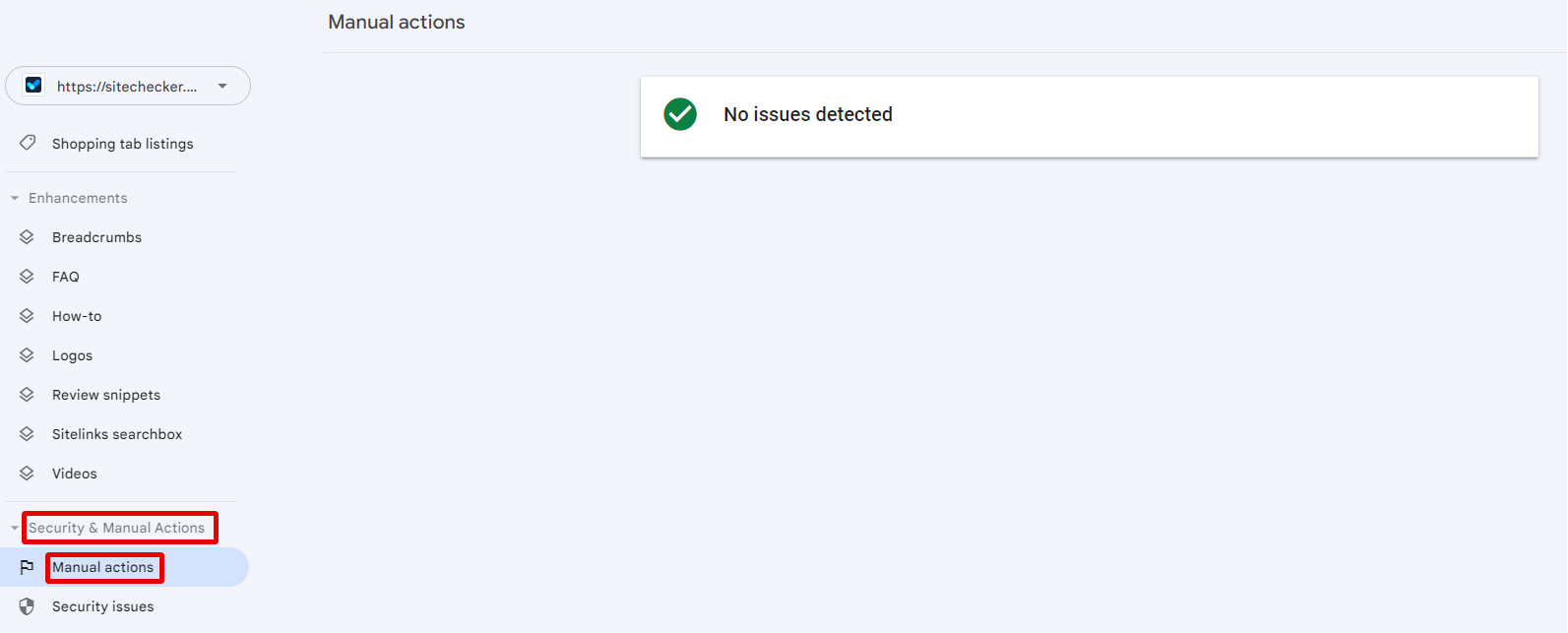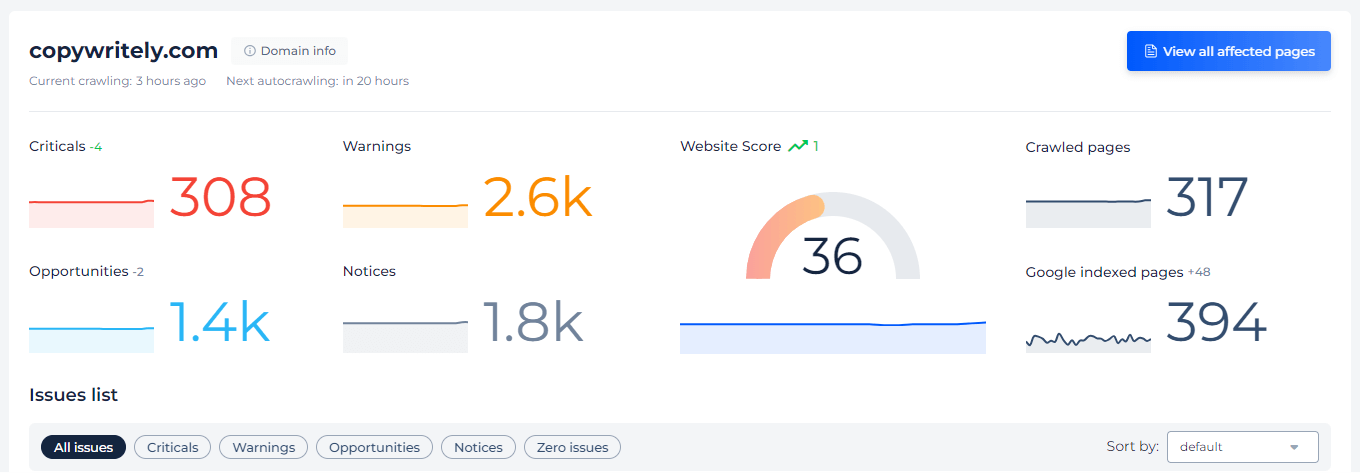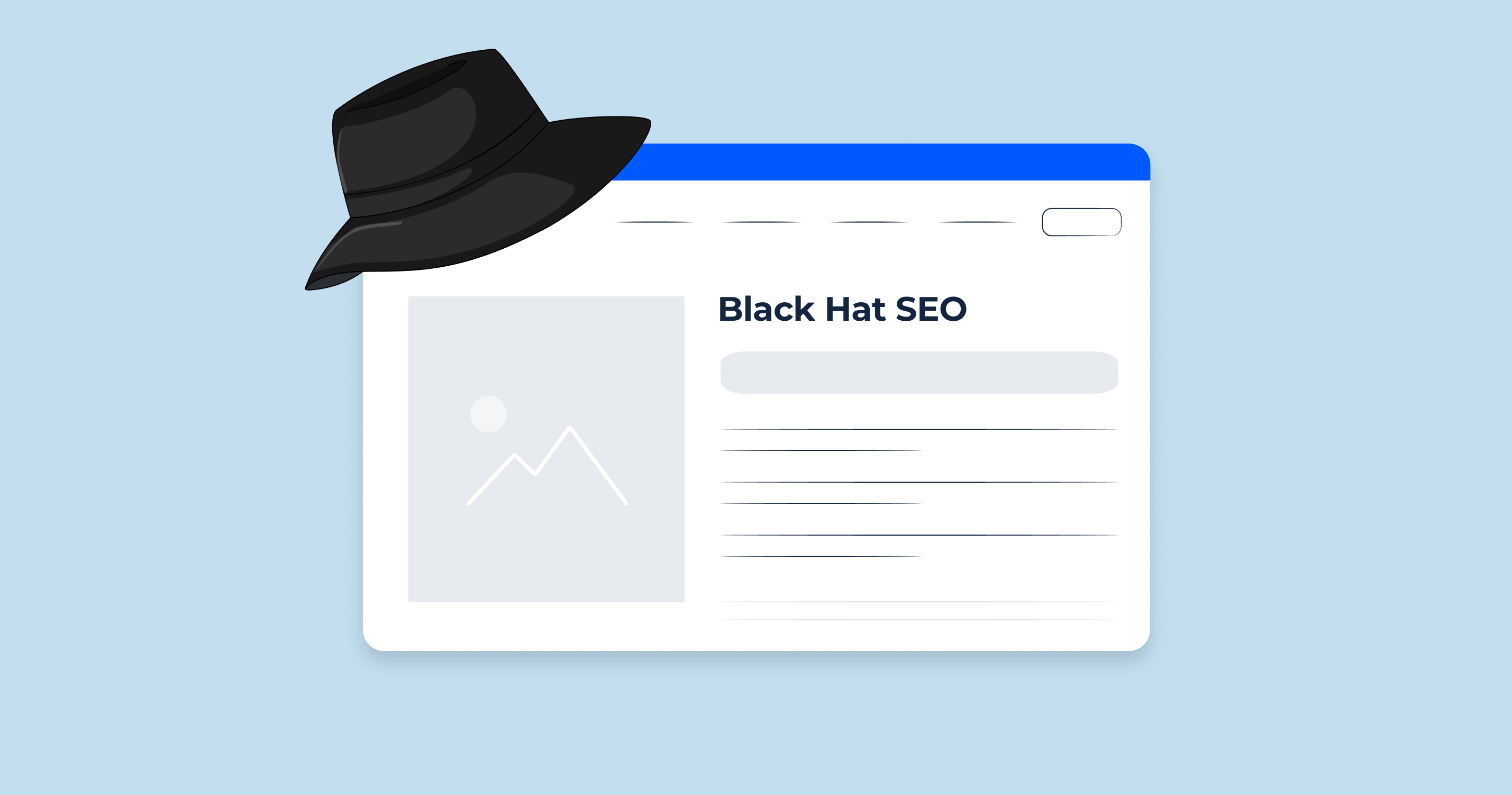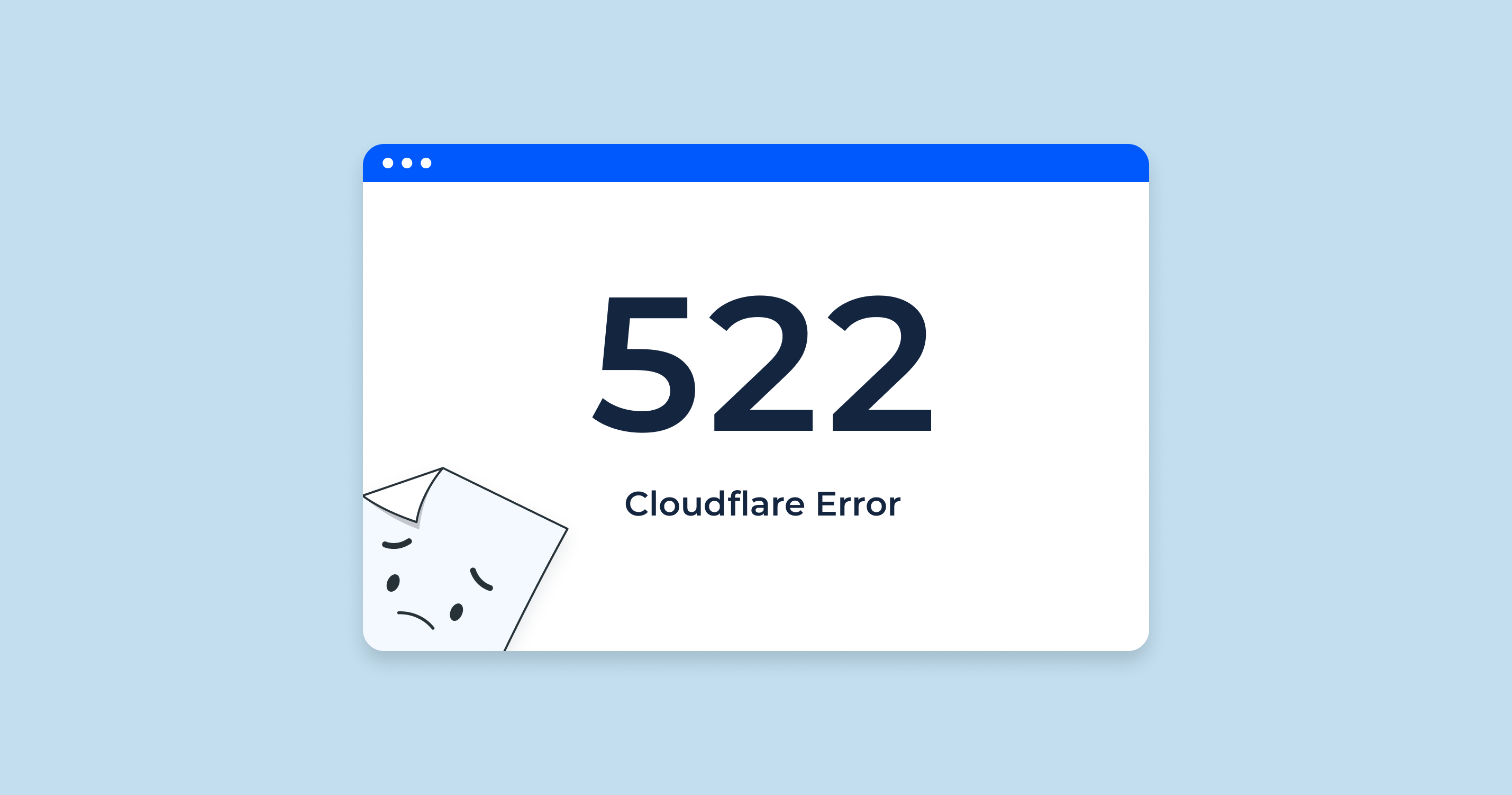What is Black Hat SEO?
Black Hat SEO refers to aggressive search engine optimization strategies, techniques, and tactics that prioritize search engines over human users and do not adhere to search engines’ guidelines. These practices are intended to increase a page’s rank in search results through deceptive means. While Black Hat SEO can offer short-term gains in rankings, search engines often penalize sites using these methods, which can result in significant traffic loss.
Some characteristics of Black Hat SEO include:
- Deceptive Practices: These are techniques that give users content or functionality different from what they expect based on search results. For instance, displaying a page about “healthy recipes” when the user searched for “sports equipment.”
- Manipulating Links: This involves buying links, participating in link schemes, or using automated programs to create links to a site. The intent is to artificially inflate the perceived authority of a webpage.
- Content Automation: Using tools to generate content without human intervention, resulting in low-quality and often nonsensical text.
- Keyword Stuffing: This involves overloading a webpage with keywords or numbers in an attempt to manipulate the site’s ranking in search engine results. Such content does not provide value and can be difficult for readers to understand.
- Hidden Text or Links: Using white text on a white background, setting the font size to zero, or putting a link on a single character, for instance, are ways to deceive search engines about the site’s content.
It’s important to note that while Black Hat SEO can provide quick results, it comes with significant risks. When discovered, search engines can delist the offending sites or lower their rankings, resulting in decreased visibility and traffic. In contrast, “White Hat SEO” focuses on user-centric strategies that align with search engine guidelines, aiming to provide genuine value and sustainable results for website visitors.
Google About Black Hat SEO
On Twitter, John Mueller has spoken out against black hat SEO, calling it “risky” and “a terrible idea.” He has also said that while black hat SEO may sometimes work in the short term, it is ultimately not a sustainable strategy.
In one tweet, Mueller said:
In another tweet, he said:
Mueller’s advice to SEOs is to focus on white hat SEO techniques, such as creating high-quality content and building links from authoritative websites. These techniques may take longer to produce results, but they are more sustainable in the long term.
If you are caught using black hat SEO techniques, you could also face legal consequences. In some cases, black hat SEO can be considered fraud.
Overall, John Mueller’s advice on black hat SEO is clear: it’s not worth the risk. White hat SEO techniques are the best way to achieve long-term success in search engine optimization.
Black Hat SEO vs. White Hat SEO
In the realm of search engine optimization (SEO), strategies and tactics are often classified into two primary categories: Black Hat SEO and White Hat SEO. These two approaches differ fundamentally in their methods, goals, and sustainability.
Below is a comprehensive comparison of the two:
| Black Hat SEO | White Hat SEO | |
| Definition | Refers to aggressive and often deceptive tactics that focus mainly on manipulating search engines to achieve higher rankings. These tactics typically do not prioritize the user’s experience and are in violation of search engine guidelines. | Involves using techniques and strategies that focus on a human audience as opposed to search engines. It strictly adheres to search engine guidelines and emphasizes long-term sustainability and user value. |
| Tactics | Common tactics include keyword stuffing, cloaking, using private link networks, and hidden text or links. | Common strategies involve optimizing meta tags appropriately, producing high-quality content, improving website usability, and obtaining natural backlinks. |
| Focus | Primarily focuses on quickly achieving high search engine rankings without regard for user experience or content value. | Focuses on delivering genuine value to users through relevant, high-quality content and an optimal user experience. |
| Risks | There’s a high risk of penalization by search engines. Sites caught using black hat techniques can be downranked, or in severe cases, entirely de-indexed, leading to a significant loss in traffic. | There’s a minimal risk of penalization since all tactics are within search engine guidelines. The primary challenge is the amount of time and effort required to see tangible results. |
| Sustainability | Offers short-term gains in rankings but is not sustainable in the long run. With continuous search engine algorithm updates, black hat tactics are consistently targeted and penalized. | Provides long-term, sustainable results. By focusing on delivering value and adhering to search engine guidelines, sites can maintain or improve their rankings over time. |
| Ethics | Is considered unethical because it attempts to deceive both users and search engines. | Is the ethical approach to SEO. It prioritizes genuine value and transparency. |
In conclusion, while Black Hat SEO might offer some quick wins in terms of rankings, it’s a risky and short-lived strategy. White Hat SEO, on the other hand, might require more time and effort, but it’s a sustainable and ethical approach to building a website’s online presence.
Black Hat Techniques in SEO
Black Hat SEO techniques are attempts to deceive or manipulate search engine algorithms to achieve higher search rankings without adding value for the user. While they may offer short-term benefits, these tactics come with significant risks, including penalties from search engines. Here’s a breakdown of some common Black Hat SEO techniques:
Keyword Stuffing
This involves unnecessarily repeating keywords within a webpage to make it appear more relevant to search engines. This overuse often results in content that’s difficult for users to read and understand.
Cloaking
Cloaking is the practice of presenting different content or URLs to users and search engines. For instance, a site might show a page about “flowers” to search engines but redirect users to a gambling site.
Sneaky Redirects
Redirects are used to make search engine bots send visitors from one URL to another. In Black Hat SEO, sneaky redirects send users to different URLs than the one search engines see, often to unrelated or malicious sites.
Poor Quality Content
Producing content that doesn’t provide value to users, such as automatically generated content, duplicate content from other sites, or content that’s stuffed with keywords without meaningful context.
Paid Links
Buying or selling links in an attempt to manipulate page rank. This includes using services that promise to build backlinks to your site for a fee.
Abusing Structured Data/Rich Snippets
Structured data helps search engines understand the content on a page and can result in rich snippets in search results. Abusing this involves adding misleading structured data to deceive users and search engines.
Blog Comment Spam
Automatically or manually posting irrelevant comments on blogs with a link back to a site, often with no relation to the blog’s topic.
Link Farms
These are groups of websites that interlink with each other to inflate the perceived authority of the sites. They’re created solely for the purpose of manipulating search engine rankings.
Private Blog Networks (PBNs)
PBNs are networks of websites used to build links to a single website for the purpose of manipulating search engine rankings. These networks are often made up of expired domains with existing authority.
Examples of Black Hat SEO
Groupon’s Bait and Switch
Groupon, the popular deals website, was accused of using a bait-and-switch tactic. They would advertise a deal that seemed too good to pass up, drawing in a massive influx of traffic. Once users clicked on the deal, they would find out it wasn’t available, but they would be offered a different deal instead. This tactic was misleading and primarily designed to increase clicks and traffic without delivering on the promise.
J.C. Penney’s Black Hat Links
In 2011, J.C. Penney was caught in a major scandal when it was revealed that the company had benefited from thousands of spammy backlinks. These links were from irrelevant and low-quality sites, created solely to improve J.C. Penney’s search engine rankings. As a result of this black hat strategy, they ranked number one for an array of keywords during the holiday season. Once this was discovered, Google swiftly penalized them, and their rankings plummeted.
Sprint’s User Generated Spam
Sprint faced issues with user-generated spam when their community forums were flooded with spammy content and links. While not directly Sprint’s doing, it’s an example of how black hat SEO practitioners can target platforms with user-generated content to drop links and attempt to manipulate a site’s rankings.
Forbes Selling Links
Forbes, the well-respected business publication, was penalized by Google for selling links on their site. They had sold do-follow links, which pass on ranking power in the eyes of search engines, thus violating Google’s guidelines. After receiving a penalty, Forbes had to clean up their act and request a reconsideration from Google.
Google Chrome’s Paid Link
Ironically, even Google isn’t immune from black hat tactics. Google Chrome was penalized by Google itself after it was discovered that they were involved in a paid link campaign to promote the Chrome browser. An advertising agency had been creating content where the link to Chrome was a paid, do-follow link, which is against Google’s guidelines. Google took action by demoting Chrome’s page rank for a period.
Why You Should Avoid Black Hat SEO
Black Hat SEO, as alluring as it might seem due to its promise of quick results, is fraught with potential pitfalls that can have long-term negative impacts on a website’s credibility, ranking, and overall online presence. Here are compelling reasons why you should steer clear of such practices:
- Penalties and Deindexing: Search engines, particularly Google, have become increasingly sophisticated at detecting Black Hat SEO tactics. Sites caught using these methods can be penalized with lower rankings or, in severe cases, complete removal from search index, leading to a drastic loss in organic traffic.
- Damage to Reputation: Engaging in deceptive practices can erode trust among users. Once a website is associated with spammy or unethical behavior, regaining user trust becomes a steep uphill battle.
- Short-lived Results: While Black Hat SEO might provide a temporary boost in rankings, these gains are often short-lived. With every search engine algorithm update, the risk of detection and penalty rises.
- Poor User Experience: Black Hat techniques prioritize search engines over actual users. As a result, the user experience often suffers due to irrelevant content, spammy links, or misleading tactics.
- Increased Vulnerability: Websites employing Black Hat strategies are often poorly maintained and can become vulnerable to hacking and other cyber threats.
The Blurred Lines of Grey Hat SEO
Grey Hat SEO exists in the nebulous zone between Black Hat and White Hat SEO. These are tactics that aren’t explicitly defined as violations by search engine guidelines but still tread on shaky ground. While Grey Hat methods might present fewer risks than their black and white hat seo tactics counterparts, they still carry potential repercussions.
- Uncertain Future: Just because a tactic is considered “grey” today doesn’t mean it will remain that way. Search engines constantly update their guidelines, and what’s tolerated today might be penalized tomorrow.
- Ethical Concerns: While not as deceptive as black hat strategies, grey hat methods can still be seen as manipulative and can put the reputation of a website or business at stake.
- Potential for Penalization: There’s always a risk that search engines might interpret grey hat tactics as black hat, leading to penalties.
In conclusion, while the allure of fast results might make Black Hat and even some Grey Hat methods seem tempting, the risks they pose far outweigh the potential benefits. Investing in sustainable, ethical, White Hat SEO strategies is the best way to ensure long-term online success.
How To Report Black Hat SEO
Spotting and reporting Black Hat SEO is crucial in maintaining the integrity of search results. If you come across a website or practice that you believe is engaging in deceptive SEO tactics, here’s a step-by-step guide on how to report it:
- Document the Offense: Before reporting, make sure you have evidence. This can be screenshots, links, or any other proof that shows the black hat practices in action.
-
Google Search Console: If you believe a site is using black hat techniques to directly harm your site or manipulate rankings:
Sign in to your Google Search Console.
Go to the “Security & Manual Actions” section and click on “Manual Actions.”
-
Google Webmasters Report a Spam Site: To report spammy websites that appear in Google search results:
Go to the Google Webspam Report page.
Enter the URL of the spam site.
Describe the nature of the spam. The more specific you are, the easier it is for the Google team to take action.
-
Bing: If you come across Black Hat SEO on Bing:
Use the Bing Content Removal Request.
Like with Google, be as specific as possible when describing the offense.
- Notify the Offending Website: Sometimes, the website owner may not be aware of the black hat tactics, especially if they’ve outsourced their SEO. Politely inform them about the techniques you’ve identified and give them an opportunity to address the issue.
- Stay Updated on Guidelines: Regularly check updates from search engines on their webmaster guidelines. Being aware of these will help you differentiate between black hat and legitimate SEO practices.
- Third-party Tools: Platforms like SEMrush, Ahrefs, and Moz offer tools that can help identify potentially harmful backlinks or black hat techniques. These can be useful if you suspect a competitor is employing such tactics against your site.
- Engage in Forums and Communities: SEO communities, such as WebmasterWorld or the Google Webmaster Central Help Community, can be platforms to discuss suspected black hat activities and seek advice from experienced professionals.

If you see any issues affecting your site, there’s an option to “Request a Review.”
What is Grey Hat SEO?
Grey Hat SEO refers to strategies and techniques that reside in the ambiguous area between approved, white hat techniques and the more deceptive black hat techniques. While these tactics aren’t expressly forbidden by search engine guidelines, they can be riskier than white hat strategies and aren’t always performed with the best of intentions.
Characteristics of Grey Hat SEO:
Ambiguity: They aren’t explicitly outlined as violations in search engine guidelines but can be closer to black hat than white hat if executed improperly.
Short-term Focus: Grey Hat SEO might produce quicker results than white hat tactics, but they may not be sustainable in the long run.
Potential for Penalty: While not as risky as black hat, there’s still a chance search engines might penalize grey hat techniques if they’re deemed manipulative.
Common Grey Hat SEO Techniques:
- Clickbait Titles: Crafting titles that entice users to click, even if the content is only tangentially related.
- Spinning Content: Using software or manual methods to rewrite existing content so it appears unique, even if it offers no additional value.
- Old Domain Purchase: Buying expired domains to benefit from their existing authority and then redirecting them to another site.
- Social Media Automation: Using tools to automatically follow/unfollow users, post content, or like posts to artificially boost social media presence.
- Positive Review Solicitation: Actively seeking out positive reviews in a way that can be seen as manipulative. For instance, offering incentives for good reviews.
Why it Exists:
Grey Hat SEO exists because the landscape of SEO is constantly evolving. What’s considered white hat today might become grey hat tomorrow as search engine algorithms and guidelines change. Some webmasters and SEO professionals turn to grey hat tactics as a way to gain a competitive edge, especially when the rules aren’t clear.
The Verdict:
While Grey Hat SEO practices might offer a tempting middle ground, there are potential risks involved. It’s always recommended to lean more towards white hat practices that are user-centric and abide by search engine guidelines. Adopting sustainable, ethical SEO strategies ensures long-term success and reduces the risk of penalties.H2 Pros and Cons: Are Black Hat SEO Techniques For You?
How To Avoid Black Hat SEO
Navigating the world of SEO can sometimes be a minefield, especially with the temptation of quick results that black hat tactics promise. However, to ensure longevity, credibility, and a sustainable online presence, it’s crucial to steer clear of these frowned-upon methods. Here’s a guide on how to avoid falling into the black hat trap:
| Educate Yourself | Stay Updated: Familiarize yourself with the guidelines set by major search engines, especially Google’s Webmaster Guidelines. They often update these rules, so stay informed about any changes. Know The Tactics: Understand common black hat techniques so you can recognize and avoid them. This includes tactics like keyword stuffing, cloaking, and using link farms. |
| Choose the Right SEO Partners | If outsourcing your SEO, do due diligence. Ensure the agency or professional has a reputation for using ethical, white hat methods. Ask for references, read reviews, and request case studies. |
| Focus on Quality Content | The saying “content is king” holds true. Instead of trying to game the system, invest time and resources into creating high-quality, original content that provides value to your users. |
| Audit Regularly | Regularly check your website for anything that might be perceived as black hat. Tools like SEMrush, Moz, and Ahrefs can help you keep an eye on your backlink profile and other potential issues. |
| Avoid Quick Fixes | Be wary of anyone or any tool promising quick, instant results. Good SEO is a long-term investment. |
| Engage in Ethical Link Building | Focus on earning links rather than buying them. This means creating valuable content that others naturally want to link to, and building relationships with other websites and platforms in your industry. |
| Avoid Over-Optimization | While it’s essential to optimize your site for SEO, there’s a line between optimization and over-optimization. For instance, naturally incorporate keywords into your content instead of forcefully stuffing them in. |
| Seek Feedback and Stay Connected | Engage with SEO communities online, such as forums or social media groups. These can be invaluable resources for getting advice, feedback, and staying updated on best practices. |
| Set Realistic Expectations | Understand that genuine SEO results take time. If something sounds too good to be true, it probably is. |
| Prioritize User Experience | Always keep the user in mind. If you’re creating a positive, valuable experience for your visitors, you’re on the right track. Search engines prioritize user experience, and their algorithms are designed to reward sites that offer it. |
Matt Cutts and Nelson describe the implications of a “Hidden text and/or keyword stuffing” manual action on your site and offer solutions for resolving it.
Start Monitoring Your Website With SEO Checker & Audit Tool by Sitechecker
The Site Audit tool by Sitechecker offers a comprehensive assessment of your website’s health, revealing critical insights that can boost its performance. It methodically evaluates various website elements, presenting a detailed analysis that’s indispensable for both beginners and seasoned webmasters. From indexing issues to meta descriptions, the tool identifies potential obstacles that could impact your site’s search engine rankings.

Beyond the basic audit, the tool stands out with its advanced features. It provides actionable recommendations, ensuring that users can immediately address identified issues. Furthermore, with its user-friendly interface, tracking progress becomes effortless, allowing you to continuously optimize and refine your website for maximum visibility and functionality.
Unlock Peak Website Performance!
Discover insights, fix critical issues, and elevate your website's performance!
Conclusion
Navigating SEO requires a balance between achieving rankings and maintaining integrity. While Black Hat tactics might offer quick wins, they come with risks of penalties and lost trust. White Hat SEO, grounded in quality and authenticity, ensures lasting success and credibility in the digital realm. As the landscape shifts, a commitment to genuine value remains the best strategy.




